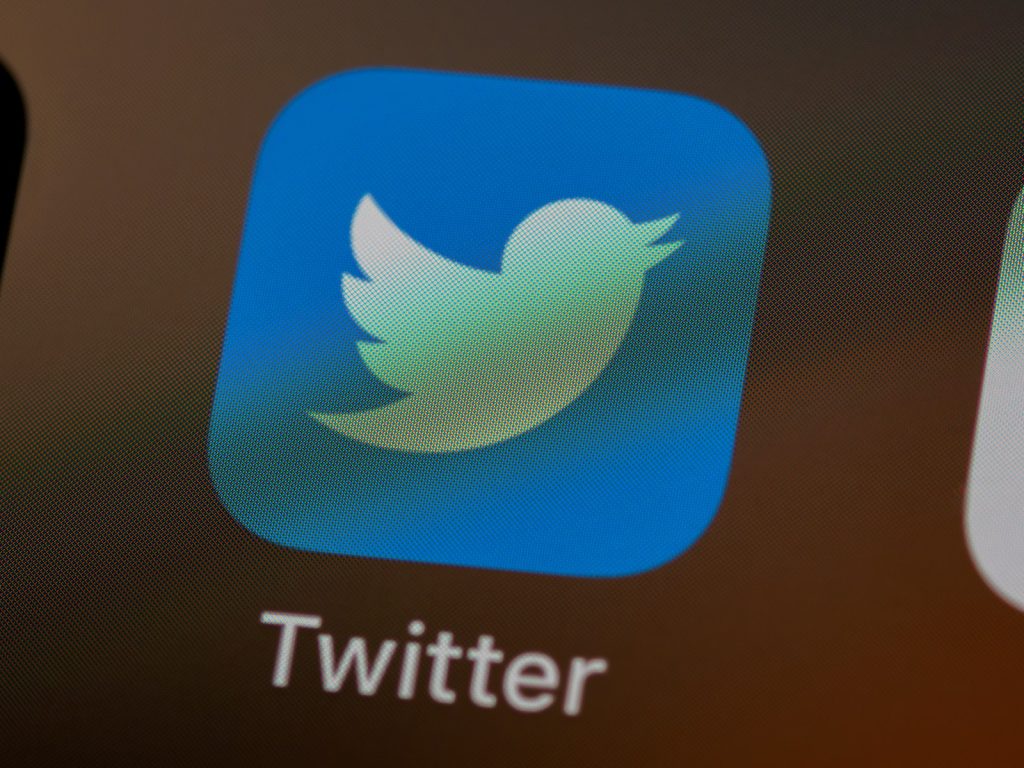I am a student of history.
Jared Kushner was in a hotel room in Jerusalem in 2019 when President Trump—his father-in-law as well as his boss—took to Twitter and threatened a trade pact with Mexico.
“Trump was about to start an economic war with Mexico that could upend two years of work on USMCA,” writes Kushner in his fascinating new book, «Breaking History: A White House Memoir.”

You can feel his frustration, and I remember feeling it as well. As a farmer in Washington state who depends on exports, I wondered why the president would jeopardize USMCA—the abbreviation for the United States-Mexico-Canada Agreement, which replaced the obsolete North American Free Trade Agreement, or NAFTA.
Farmers have a huge stake in global trade. I export a big share of the alfalfa seeds that I grow. Others in my state depend on customers overseas to buy wheat, фрукты, и более. We need sensible trade deals with our neighbors and countries on the other side of the planet.
This is true for farmers everywhere. We count on public officials who both appreciate the connection between agriculture and prosperity and are willing to take risks on their behalf.
President Trump’s tweets sometimes left me mystified.
Kushner’s “Breaking History” just hit нет. 1 on the New York Times best-seller list, and it’s no wonder: He pulls back the curtain on the hidden workings of Trump’s White House. From his unique perspective as a senior advisor to the president as well as the husband of the president’s daughter, he tells story after story about what was really going on in the Oval Office, giving us a compelling portrait of a controversial president who used unconventional tactics to achieve his goals.
His portfolio of responsibilities at the White House included the management of trade talks with Canada and Mexico. Yet much of the book focuses on the Abraham Accords, the amazing achievement of persuading several Arab nations to normalize their relations with Israel, in what may be the most important diplomatic breakthrough in a generation for peace in the Middle East.
Kushner was Trump’s point man on these negotiations—and that’s why he was in Jerusalem when the president threatened to slap new tariffs on Mexican products unless the Mexican government cracked down on illegal border crossings.

“On June 10th,” tweeted козырной, “the United States will impose a 5% Tariff on all goods coming into our Country from Mexico, until such time as illegal migrants coming through Mexico, and into our Country, STOP. The tariff will gradually increase until the Illegal Immigration problem is remedied.”
Millions of people read the tweet, but it had an audience of one: Mexican president Andres Manuel Lopez Obrador, also known as “AMLO.”
Within ten minutes of the tweet’s posting, Mexico’s foreign minister called Kushner to ask for a meeting—and the two countries went on to resolve their differences.

In my opinion, President Trump made mistakes on trade policy, most notably for pulling out of the ТранÑ-ТихоокеанÑкое партнерÑтво, an agreement that would have both helped the economy of the United States and strengthened our alliances around the Pacific Rim. We’re still trying to make up for that decision.
Yet in Kushner’s book, it’s refreshing to read about a president who is fully engaged with the challenges and opportunities of his moment and always fighting for what he believes are the country’s best interests. Trump approached trade with seriousness rather than apathy, and his devotion to it led to the modernization of our agreements with Canada and Mexico. He also put China on notice that it no longer could take for granted its access to U.S. рынки.
“Negotiating a trade deal is like a game of chicken,” writes Kushner. “The other side has to believe you are going to jump off a cliff. … [Trump’s] style made many people uncomfortable, including his allies in Congress, foreign leaders, and his own advisors, but it led to unprecedented results.”
Kushner has given us an excellent book on getting results—and it’s full of surprising and useful lessons for everyone from diplomats to history buffs to general readers.
It’s going to have a place on this farmer’s bookshelf.

